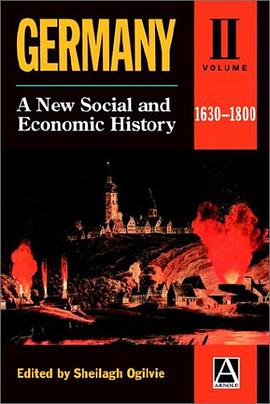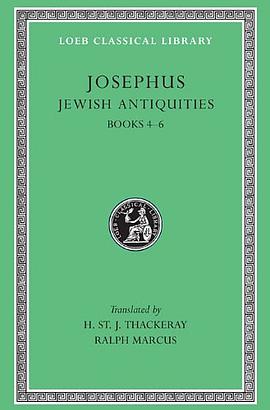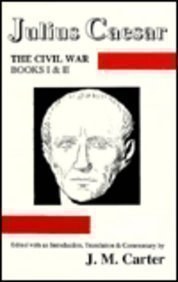

具体描述
An adventurer and charlatan? A clever rogue? Or perspicacious politician, founder of the modern British Conservative party? These different characterizations have all had their supporters: Disraeli rarely inspired indifference from his contemporaries, and later commentators have often mirrored these divergent evaluations. By the time he at last became Prime Minister, in 1874, he was no longer the exotic, dandified figure who nearly forty years earlier had obtained protection from his creditors by the simple expedient of election to a seat in the House of Commons. But he was still a one-of-a-kind figure in Westminster politics, favorite of his monarch but distrusted or disliked by most of the members of his party. Disraeli was a novelist as well as a politician, and he showed in his political life a novelist's command of the potent image and pregnant phrase. His speeches and writings remain memorable and influential. But any icon is open to manipulation and selective understanding, and Disraeli in particular has been claimed as a spiritual ancestor by an exceptionally diverse group of conservatives. Edgar Feuchtwanger's lively new study does justice to Disraeli's controversial life and ambiguous political legacy, providing a portrait of one of the great personalities of the age as well as shedding light on key political developments of Victorian Britain.
作者简介
目录信息
读后感
评分
评分
评分
评分
用户评价
相关图书
本站所有内容均为互联网搜索引擎提供的公开搜索信息,本站不存储任何数据与内容,任何内容与数据均与本站无关,如有需要请联系相关搜索引擎包括但不限于百度,google,bing,sogou 等
© 2026 book.wenda123.org All Rights Reserved. 图书目录大全 版权所有




















